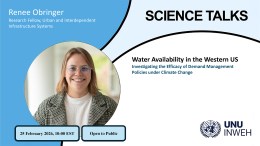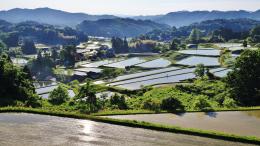While food security is conventionally defined by four pillars — availability, access, utilization and stability — this apolitical framing overlooks underlying economic and political processes shaping food insecurity and constraining the agency of food producers. In doing so, it also overlooks the structural threats to human security. Considering the complexity of climate change as a phenomenon, not including these dimensions presents an incomplete picture of multiple risks in the present and the future faced by populations and governments around the world.
To that end, this discussion paper calls for broadening the understanding of food security by integrating the dimensions of agency, sustainability, and resilience as they incorporate the power and politics constraining the agency of food producers, and link present trajectories with past legacies and visions for the future. It further explores whether existing frameworks in the Asia Pacific, a region experiencing immense environmental burdens, includes them in some form or the other. A qualitative analysis of regional frameworks across Association of Southeast Asian Nations (ASEAN), South Asian Association for Regional Cooperation (SAARC), and the Pacific Islands Forum (PIF) reveals uneven progress in embracing these dimensions. ASEAN demonstrates the strongest alignment with the proposed approach, while SAARC and PIF have partially incorporated these concepts into their food security agendas. The findings underscore the importance of enhancing regional cooperation and strengthening national policy efforts to close the gap between international commitments and on-the-ground realities.



